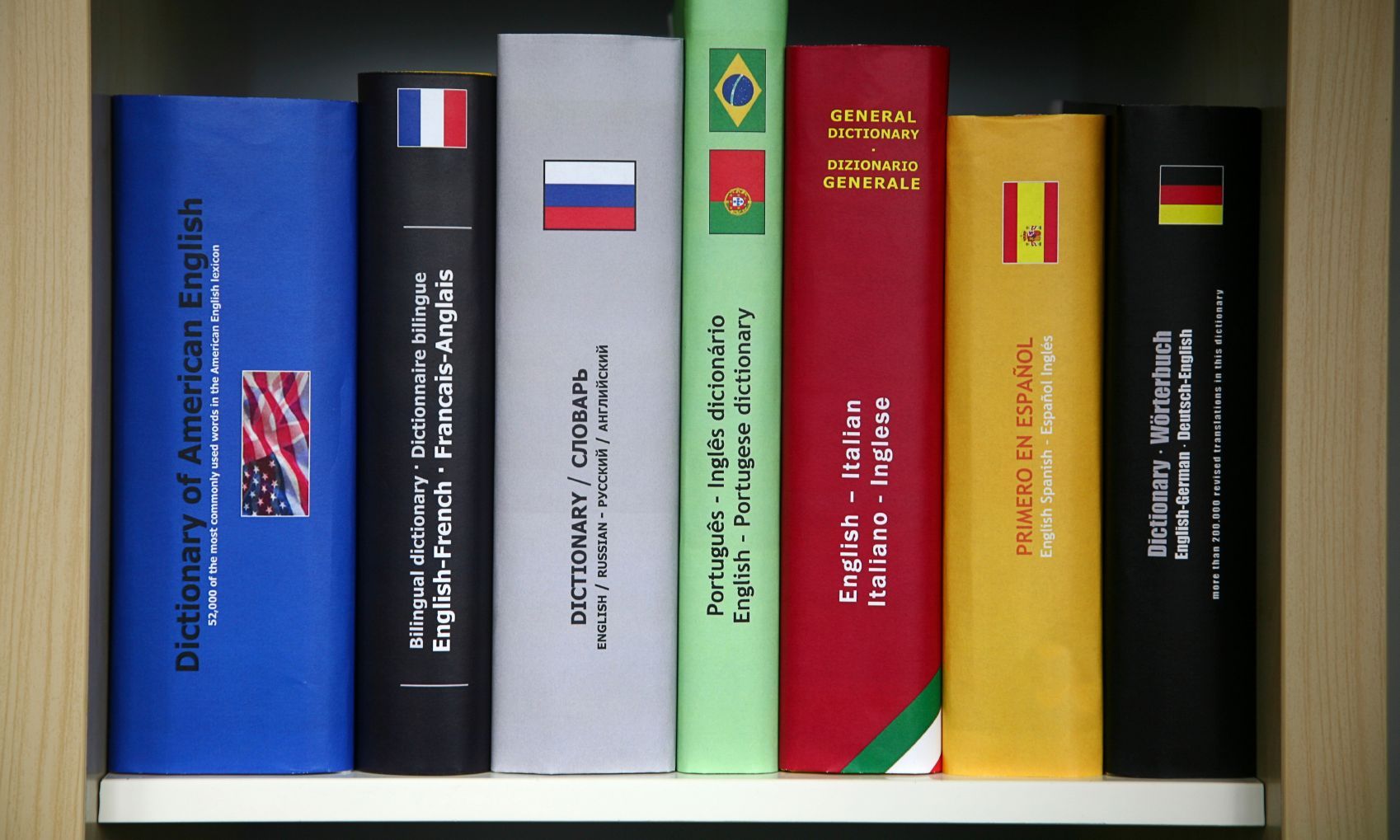INTERNATIONAL BUSINESS REVIEW JOURNAL
Editorial notes/Retractions
RETRACTION OF AN ARTICLE
Journal editors should consider issuing a corrigendum / editorial note (if the authors do not agree with the text) if:
- a small portion of an otherwise reliable publication proves to be misleading (especially because of honest error).
- the author / contributor list is incorrect (i.e. a deserving author has been omitted or somebody who does not meet authorship criteria has been included).
- authors’ potential conflict(s) of interest have been disclosed post publication.
Journal editors should consider issuing an expression of concern if:
- they receive inconclusive evidence of research or publication misconduct by the authors.
- they believe that an investigation into alleged misconduct related to the publication either has not been, or would not be, fair and impartial or conclusive.
- an investigation is underway but a judgment will not be available for a considerable time.
Journal editors should consider retracting a publication if:
- they have clear evidence that the findings are unreliable, either as a result of misconduct (e.g. data fabrication / falsification) or honest error (e.g. miscalculation or experimental error).
- the findings have previously been published elsewhere without proper cross-referencing or permission.
- it constitutes plagiarism (appropriation of another person’s ideas, processes, results, or words without giving appropriate credit (including those obtained through confidential review of others’ manuscripts).
- it reports unethical research.
- the peer-review process has been compromised / manipulated and the scientific integrity of the article cannot be guaranteed.
- authors’ conflict(s) of interest have been disclosed post publication and the disclosure is significant enough to potentially change the conclusions (in the judgment of the editor).
Notices of retraction should:
- be linked to the retracted article wherever possible (i.e. in all electronic versions).
- clearly identify the retracted article (e.g. by including the title and authors in the retraction heading).
- be clearly identified as a retraction (i.e. distinct from other types of correction or comment).
- be published promptly to minimize harmful effects from misleading publications.
- be freely available to all readers (i.e. not behind access barriers or available only to subscribers).
- state who is retracting the article.
- state the reason(s) for retraction (to distinguish misconduct from honest error).
- avoid statements that are potentially defamatory or libellous.
Under the following circumstances, removing an article may be considered:
- it is a clearly defamatory article.
- it infringes others’ legal rights.
- the article is (expected to be) the subject of a court order.
- it contains medical error(s) that, if followed by a researcher or practitioner, could lead to significant physical or mental harm to patients or test subjects.
- it contains a photograph in which a particular individual can be identified, or includes (personal) data that would lead to an individual being easily identified, particularly where the individual has not provided an appropriate consent or is legally incapable of providing such consent.
In some cases quick action on an emergency basis is important in protecting the privacy of an individual or in avoiding medical harm. It is also accepted for article embargoes which are accidentally ignored.
Criteria for emergency takedown:
Data/identity protection: Allegation that the online publication of an article contains a photograph in which a particular individual can be identified, or that an article includes the name or other personal identifying information of an individual, or other data that would otherwise lead to an individual being easily identified, particularly where the individual has not provided an appropriate consent or is legally incapable of providing such consent for such personal information to be publicly disclosed.
Embargo violation: An author group complaint on an embargo requirement with respect to the timing of the publication or release online of an article, provided that:
Evidence is provided that the Editor-in-Chief (or journal publisher) has accepted the embargo period.
The embargo period requirement was communicated to the relevant IBRJ staff.
Journal editors should consider withdrawing an Article in Press if:
any of the (above-mentioned) conditions for retractions and removals applies.
Contact us
03
Recently published articles
Consulta nuestro amplio surtido

Research article
Towards a circular economy: An emerging economies context
Nitin Patwa, ... Kunal Hingorani
In Press, Corrected Proof, Available online 6 June 2020
Download PDF

Libros infantiles
Research article
Covid-19’s Impact on Supply Chain Decisions: Strategic Insights for NASDAQ 100 Firms using Twitter Data
Amalesh Sharma, ... Sourav Bikash Borah
In Press, Journal Pre-proof, Available online 12 June 2020

Research Article
Covid-19’s Impact on Supply Chain Decisions: Strategic Insights for NASDAQ 100 Firms using Twitter Data
Amalesh Sharma, ... Sourav Bikash Borah
In Press, Journal Pre-proof, Available online 12 June 2020
Download PDF
